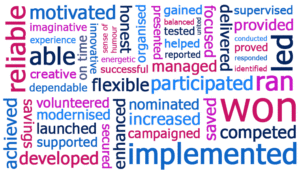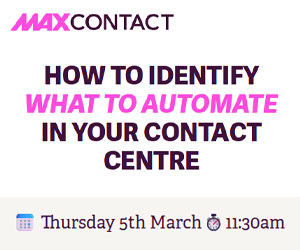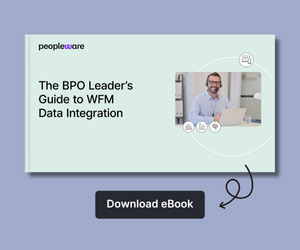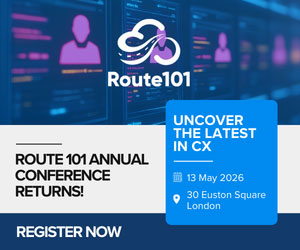Here, Steve Girdler concludes with a piece on getting the best information out of CVs.
The Curriculum Vitae is a prospective employee’s first contact with you as an employer and has the potential to open the door to your company.
For the person analysing the CVs, it is a task of great responsibility – one which can drastically affect the performance of a company.
Despite this, the average time an employer spends looking at a CV is approximately 30 seconds. Little wonder, then, that during this time it is critical to use the seconds as effectively as possible.
What to Look for in a CV
Below is a checklist of things to look for beyond the immediate impact of the CV. After all, there is always a lot of information in a résumé; the real skill when analysing them is to look for things beyond the norm, quickly and efficiently.
1. A Summary of Qualifications
Look for why they are qualified to do a particular job. What makes them unique? Why should they be hired over someone else? What skills do they have for the position?
2. Remember Not to Look for the Plain Obvious in the Candidate’s Current Job Description
If they are a telesales advisor, you already know that they can do telesales. What you are looking for are things such as whether they train others.
How good are they at telesales? Do they contribute positively to the company values of their current employer? Were they able to keep up with targets and meet them consistently? Are they fast learners?
The list of possible information is endless.
3. Education
Did they finish secondary school and university? Do they have a degree or any other type of qualification? Do they have any additional training or continuing education? Are they computer literate? Can they speak or read a foreign language?
There are lots of things that can go under education. Make sure you analyse it properly.
4. Check Whether They Belong to Any Professional Associations or Are Involved in their Community
If so, do they hold any positions in those organisations? Do they coach any sports? Do they volunteer anywhere?
This kind of information will not only give you something to talk about at interview stage, but will also outline how committed the candidate is as an individual.
5. Think About Transferable Skills
Look for personal skills and a brief description on how they have acquired each skill. Achievements and positions of responsibility can make all the difference when it comes to hiring the right person.
Were they a course representative? Do they sit on a committee? Have they completed the Duke of Edinburgh’s award scheme? Have they undertaken any voluntary work?
This section of a CV is, arguably, the most important for employers as it sets aside people who have achieved more than a degree.
Remember: knowing what you are looking for when you are analysing a CV means that you can save time by eliminating interviews with people who do not have the skills for the job and who would not fit the culture of your company. While by no means perfect, looking a little deeper when analysing a person’s CV can make all the difference to your business.
Written by: Steve Girdler, Director of Marketing at Kelly Services
For more advice and information on recruitment and CVs, read these articles next:
- 12 Effective Strategies for Successful Call Centre Recruiting
- Why Is It Getting Harder to Recruit Good Contact Centre People?
- The Top 50 Words to Describe Yourself on Your CV in 2025
Author: Steve Girdler
Reviewed by: Robyn Coppell
Published On: 27th Jun 2006 - Last modified: 29th Aug 2025
Read more about - Call Centre Questions, Call Centre Answers, Career, Management Strategies, Recruitment and HR, Steve Girdler



































